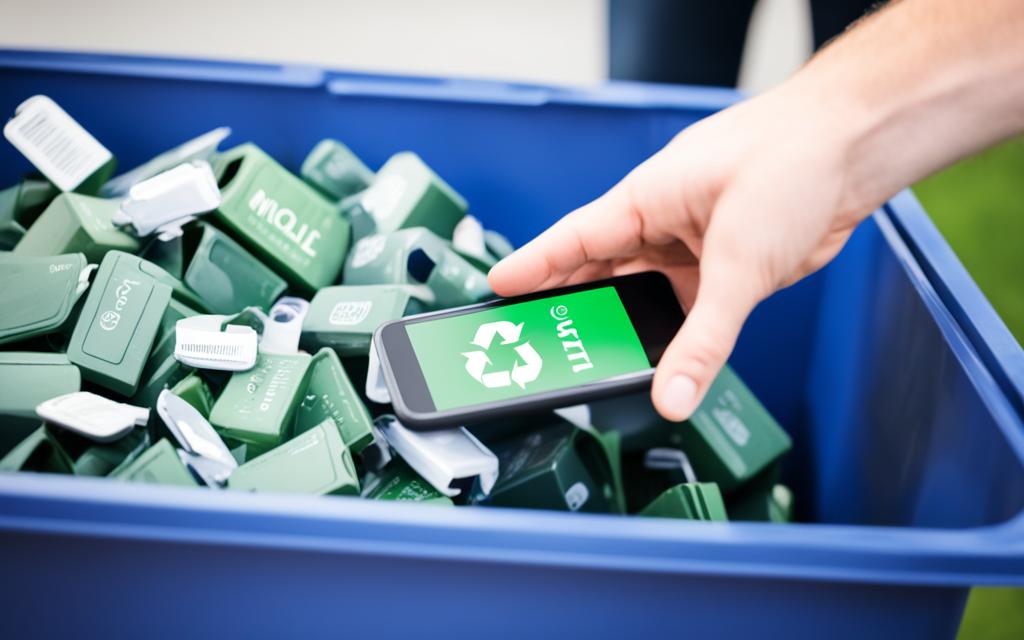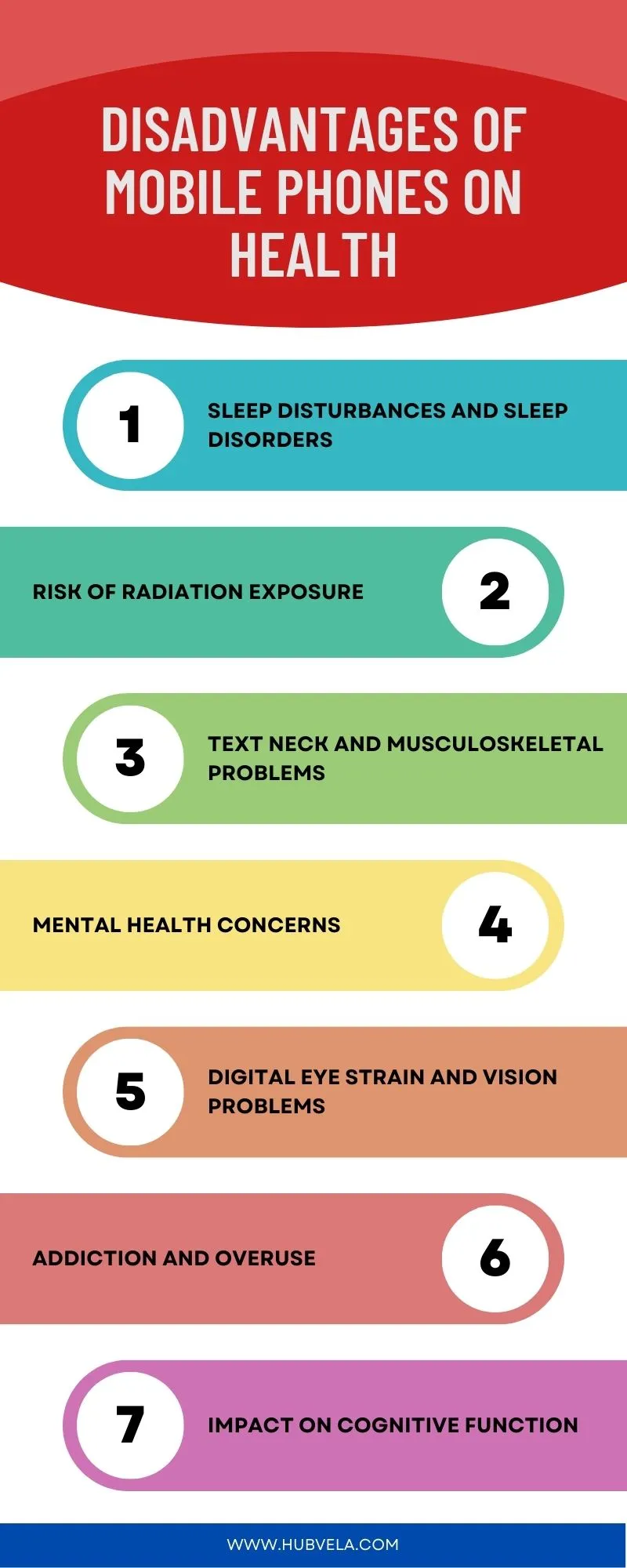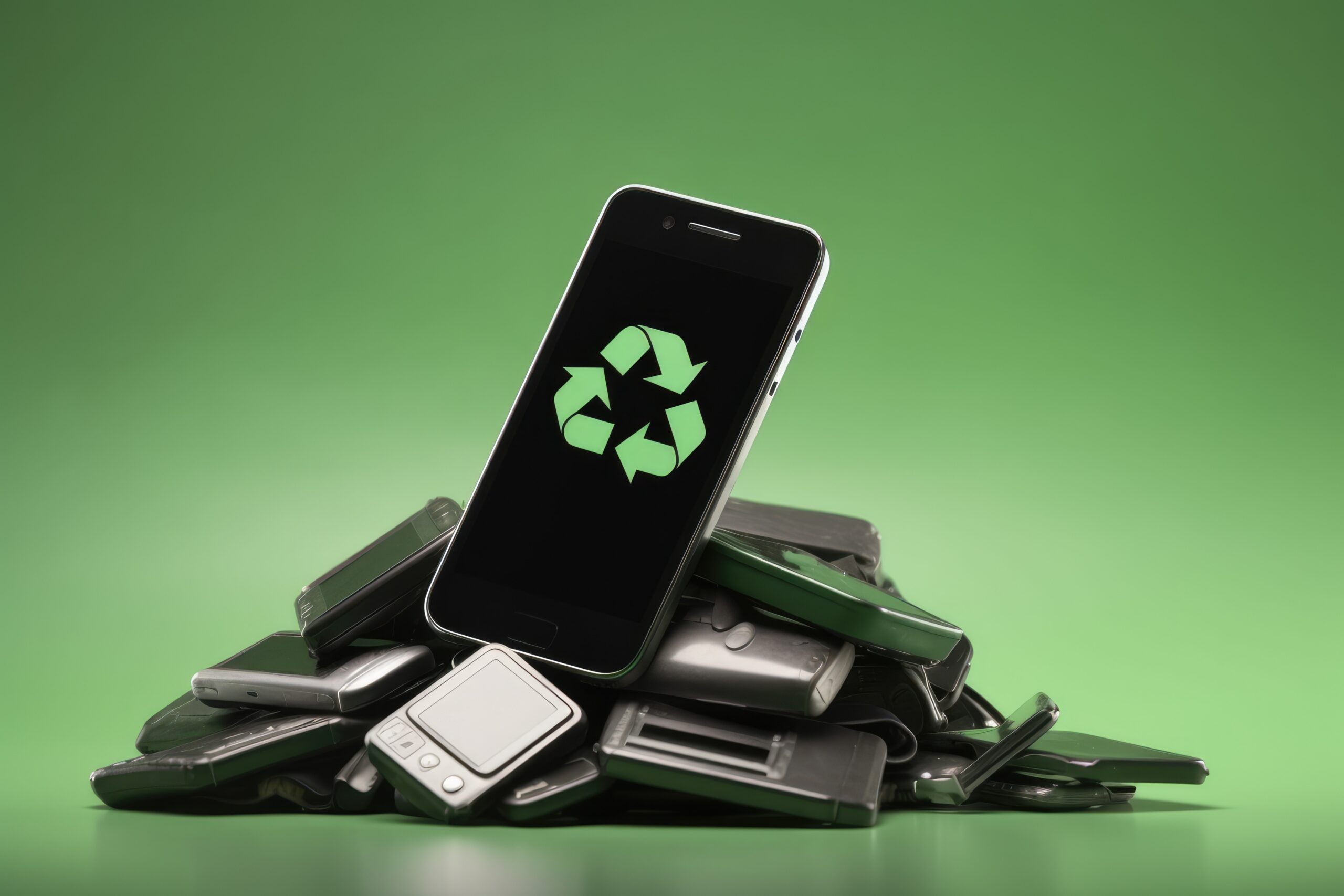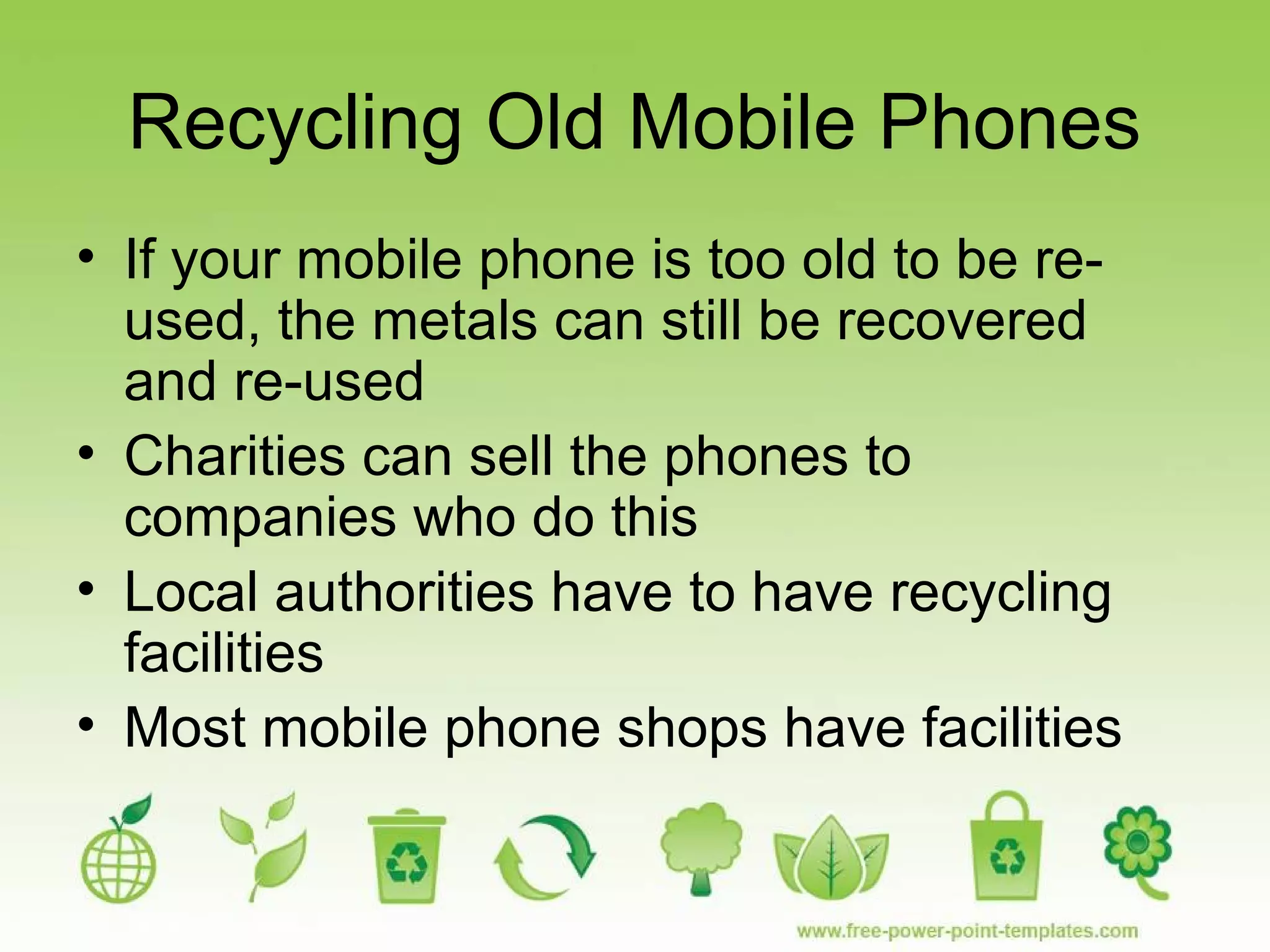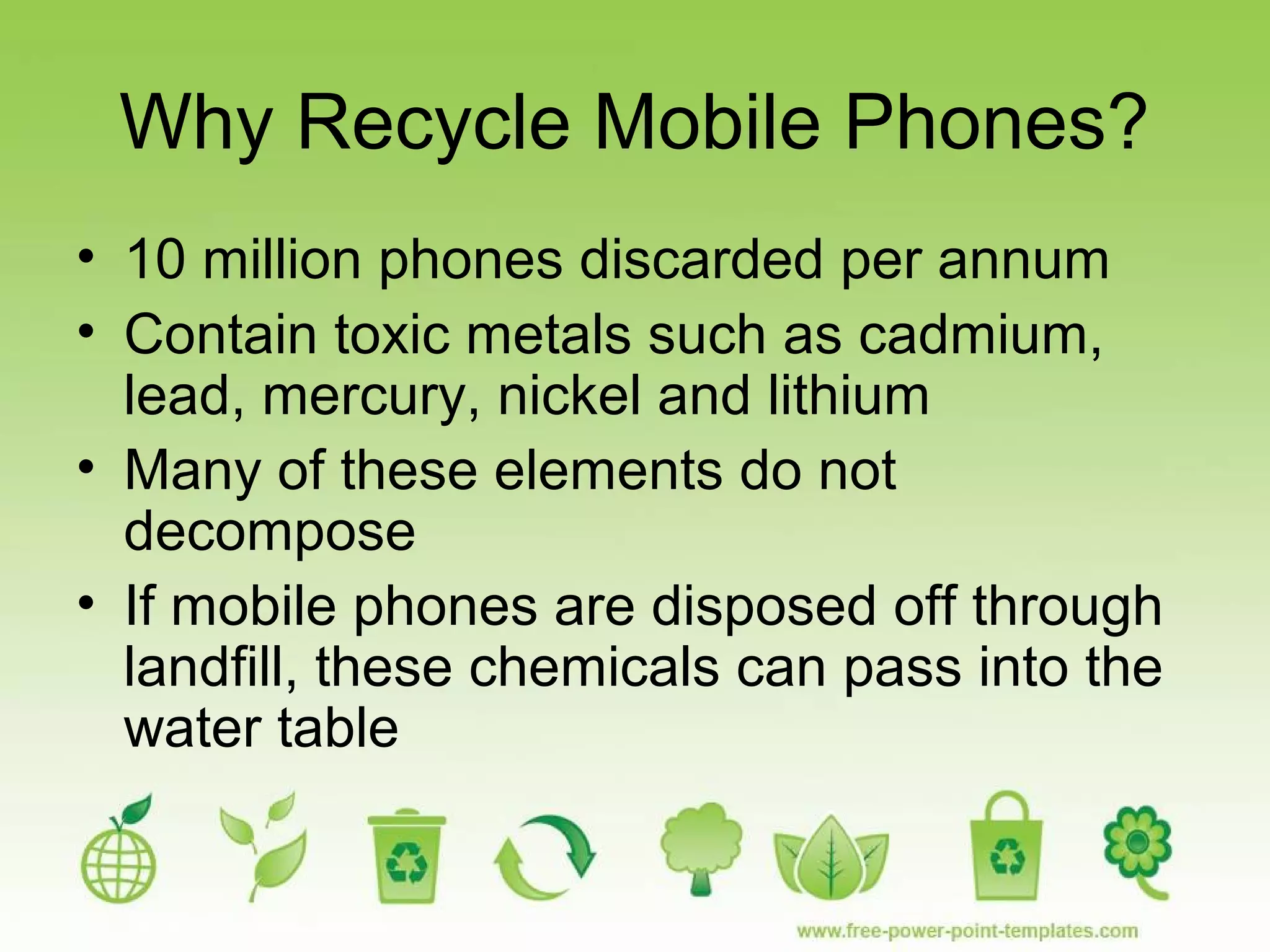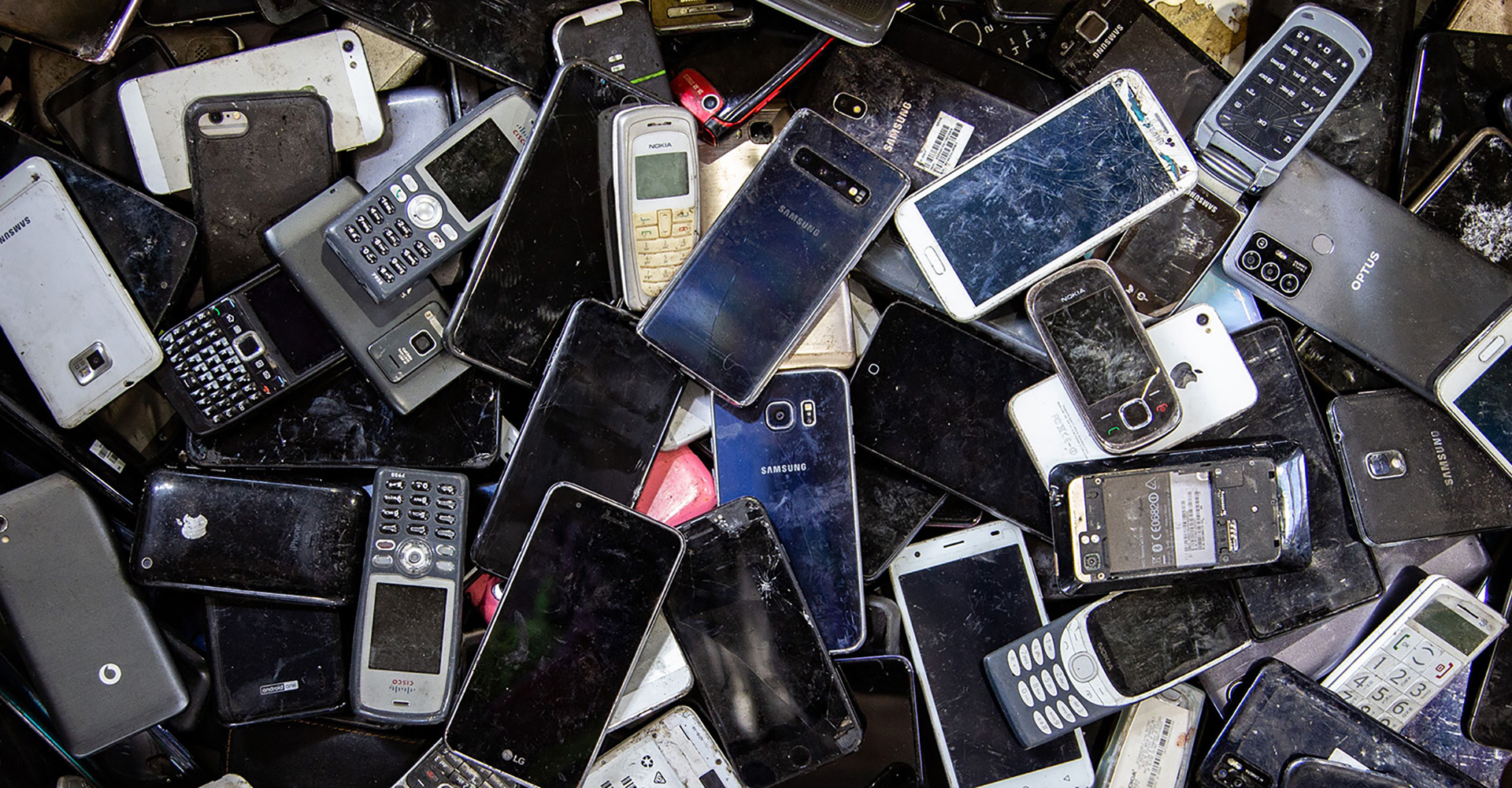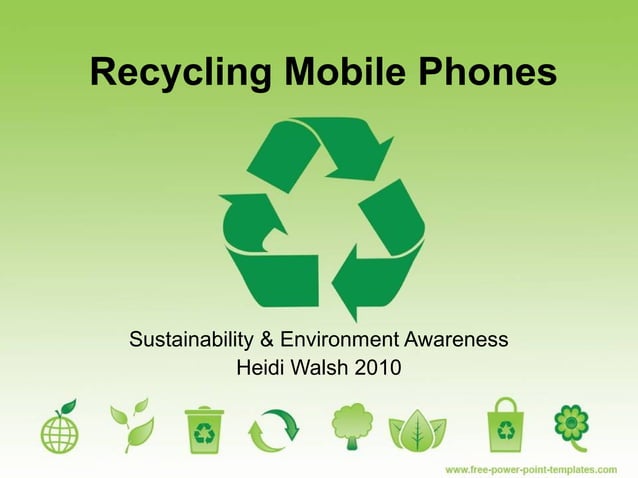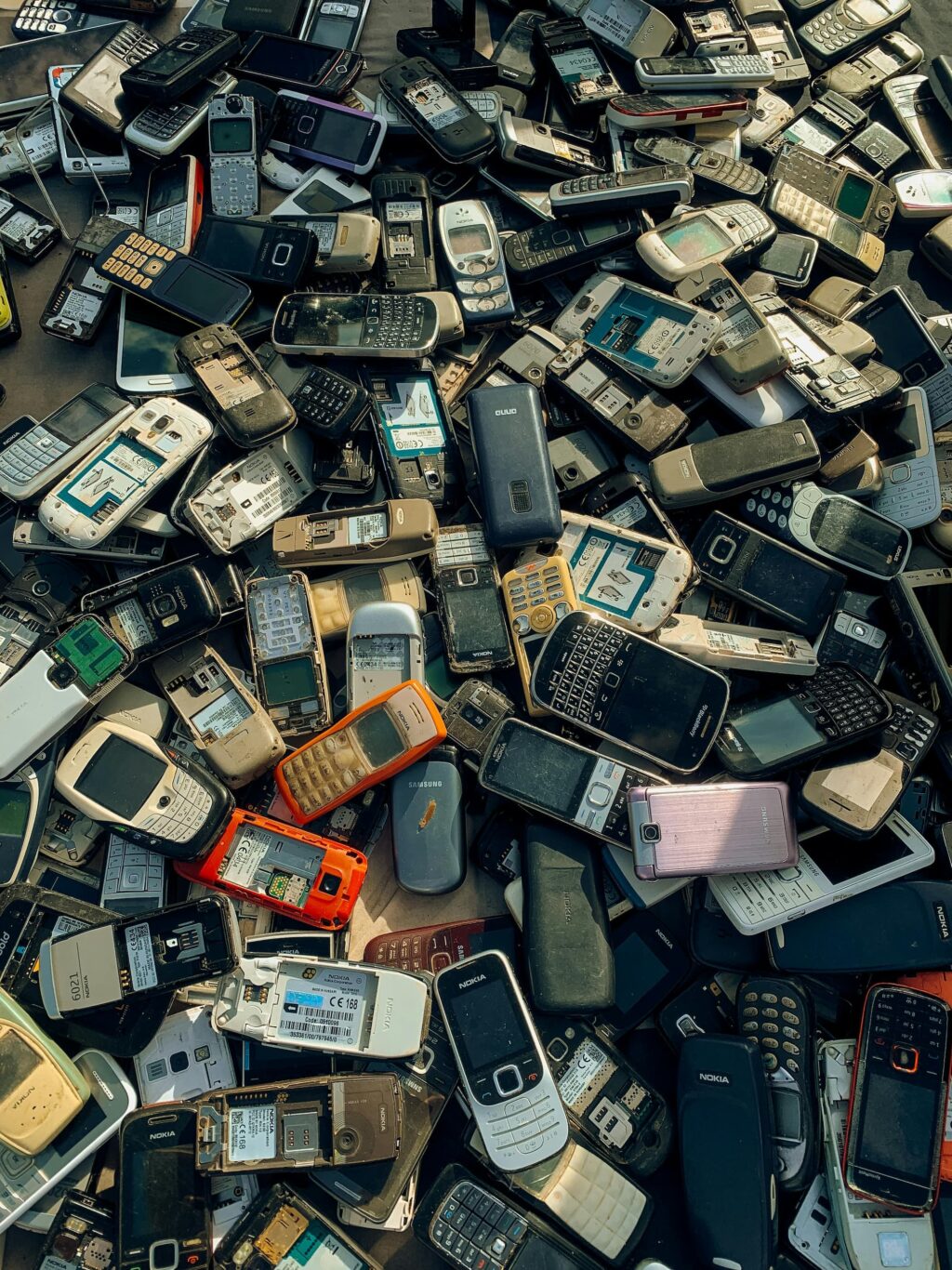Disadvantages Of Recycling Mobile Phones
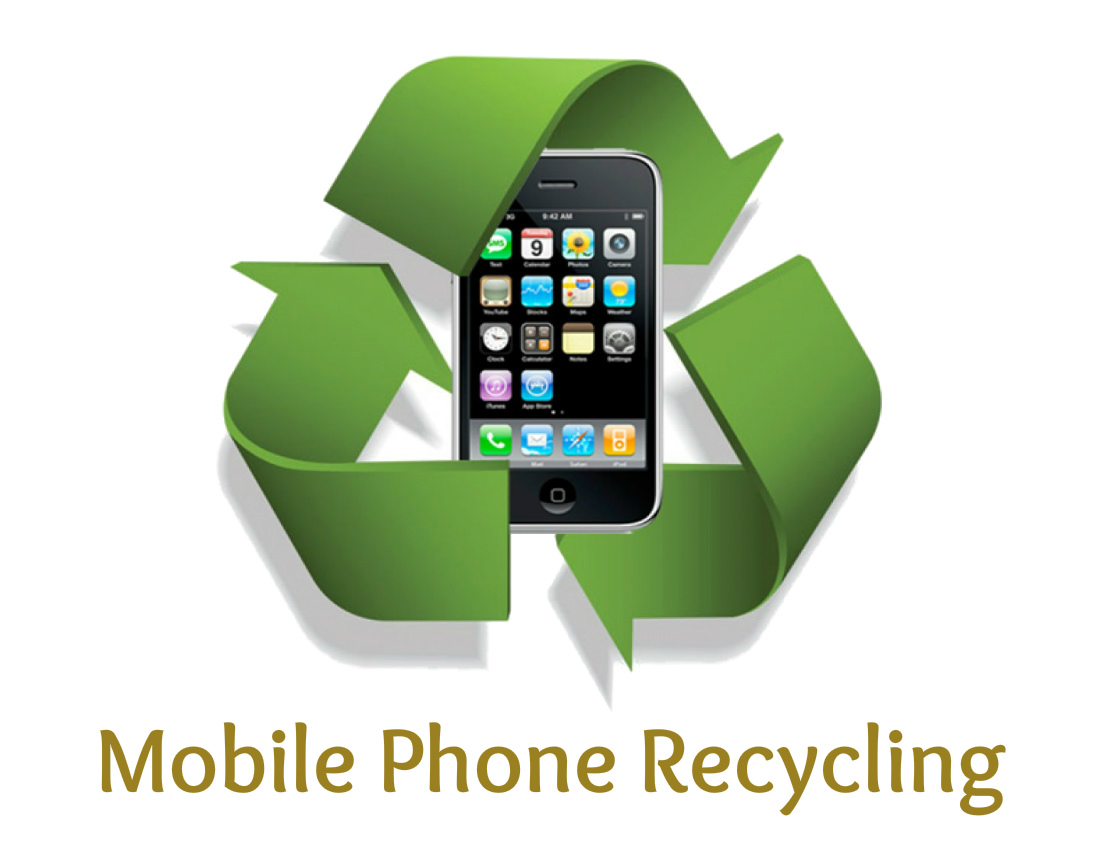
Recycling mobile phones, often touted as an environmental solution, harbors hidden disadvantages that demand immediate attention. Complex processes, hazardous material release, and economic burdens challenge its purported sustainability.
While recycling aims to recover valuable materials and reduce e-waste, a closer examination reveals significant drawbacks. These include environmental risks during processing, economic inefficiencies, and potential health hazards for workers in recycling facilities. The narrative surrounding mobile phone recycling needs a critical re-evaluation.
Environmental Hazards Unveiled
The recycling process itself poses considerable environmental risks. Extracting materials from mobile phones often involves harsh chemicals and high temperatures, leading to air and water pollution.
A 2021 study by the United Nations University found that informal recycling practices, particularly in developing countries, release toxic substances like lead, mercury, and cadmium into the environment. These substances contaminate soil and water sources, impacting both ecosystems and human health.
Moreover, the transportation of e-waste from developed nations to recycling centers in developing countries creates a carbon footprint. This negates some of the environmental benefits of recycling in the first place.
Economic Inefficiencies Exposed
The economics of mobile phone recycling are often unfavorable. The cost of collecting, sorting, and processing these devices can exceed the value of the recovered materials.
According to a 2022 report by the European Commission, the complexity of mobile phone design hinders efficient material recovery. Many phones are designed for obsolescence, making disassembly difficult and costly.
The recovered materials, such as gold and copper, often require further refining, adding to the overall expense. This makes recycled materials less competitive compared to newly mined resources, discouraging investment in advanced recycling technologies.
Health Risks to Workers Highlighted
Recycling mobile phones poses significant health risks to workers, particularly in informal recycling sectors. These workers are often exposed to hazardous materials without adequate protection.
The World Health Organization (WHO) has documented numerous cases of workers suffering from respiratory problems, skin diseases, and neurological disorders due to exposure to toxic chemicals during the recycling process.
A 2020 study published in the Journal of Environmental Health linked e-waste recycling in Ghana to elevated levels of heavy metals in the blood of nearby residents, including children. This highlights the severe health consequences of improper recycling practices.
Diminishing Returns on Material Recovery
The rate of material recovery from mobile phones is surprisingly low. Despite efforts to promote recycling, a significant percentage of these devices end up in landfills.
Data from the Environmental Protection Agency (EPA) indicates that less than 20% of mobile phones are recycled in the United States. The remainder are either stored, resold, or discarded improperly.
The inefficient recovery rate diminishes the overall benefits of recycling and contributes to the accumulation of e-waste in landfills, where harmful substances can leach into the environment.
Urgent Call for Action
The disadvantages of mobile phone recycling demand immediate action from manufacturers, policymakers, and consumers. A more sustainable approach requires a combination of responsible design, improved recycling technologies, and stricter regulations.
Manufacturers must prioritize designing phones that are easier to disassemble and recycle. This will reduce the cost and environmental impact of material recovery.
Further research and development are needed to improve recycling technologies and minimize the release of hazardous substances. This is critical to ensuring the safety of workers and the environment. Ongoing discussions with international bodies like the UNEP (United Nations Environment Programme) are crucial for establishing global standards.


